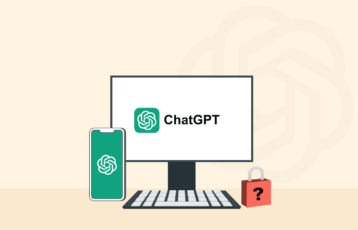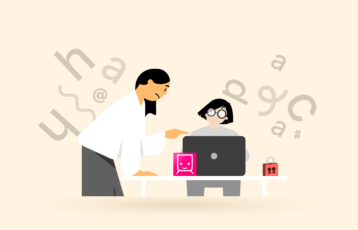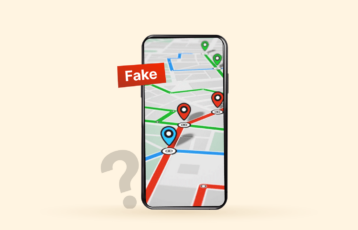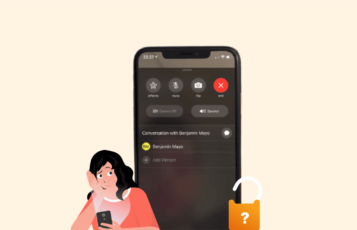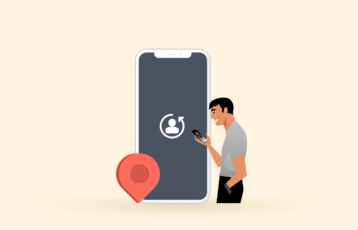As we all know, there are no cryptocurrency banks, so the responsibility of securing your digital assets belongs to the owner alone. In addition, there are no regulations, insurance, and other protections typical of the traditional financial system. So, if you get hacked, there’s little you can do about it.
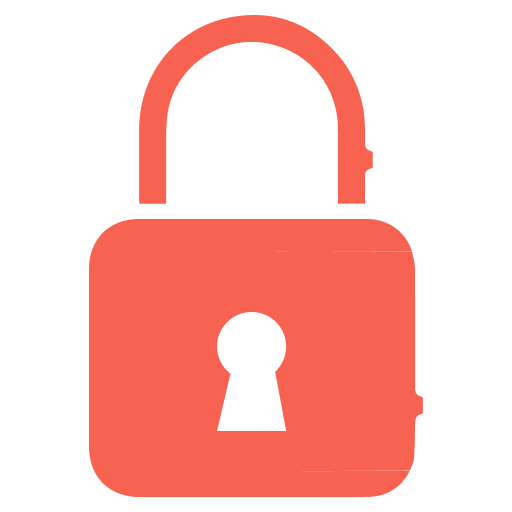
Securing your digital wallet starts with a private encryption key that you must keep safe. It is the first step in owning a crypto wallet. So, how do you keep that key safe? Read along to find out.
A quick overview on securing your digital wallet
- Use a cold wallet to store your cryptocurrencies
- Choose a respected exchange to do your crypto operations
- Use the best security practices when it comes to your passwords
- Use multi-factor authentication
- Stay aware of phishing attacks
- Keep your cryptocurrency activity separate from everything else
- Never do any crypto transactions using public Wi-Fi
- Keep your devices updated
- Keep your wallet close to your chest
- Keep updated with the latest developments in security
- Use the digital wallet apps available from the official websites only
Do crypto wallets get hacked very frequently?
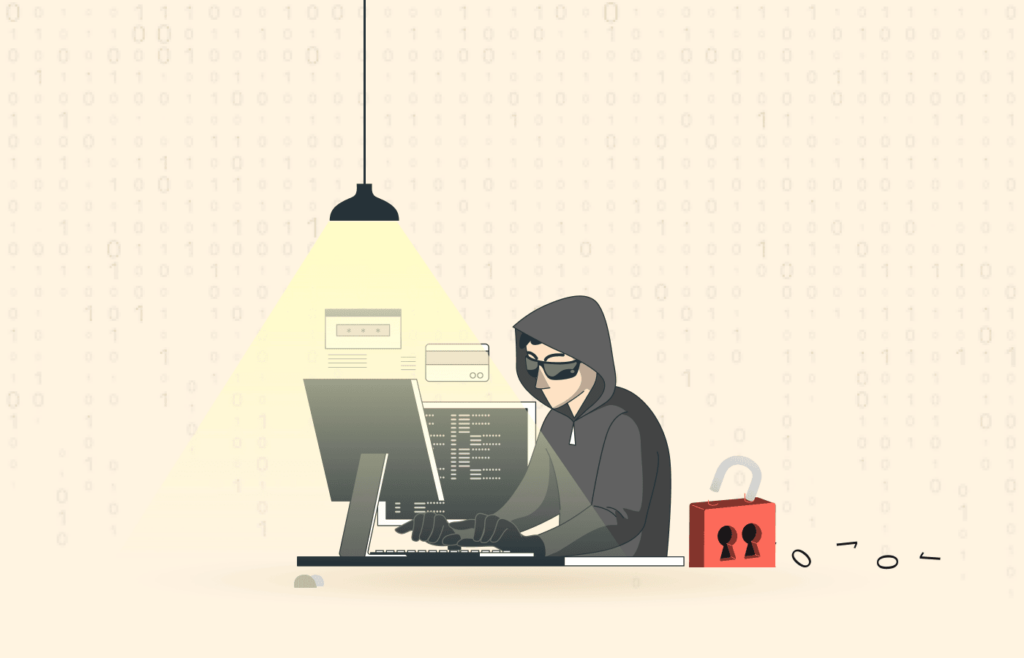
Cryptocurrency is becoming increasingly popular. And the threats to crypto owners are also growing and evolving to suit the new times. The more people get involved in the crypto verse, the more sense it makes for hackers to devise attacks.
Over the last decade, crypto exchanges have drained about three billion USD from their accounts. Since the COVID-19 pandemic started, the cryptosystem has faced about twelve attacks. The losses have been around five hundred million USD. So it’s plain to see that the latest attacks are also the juiciest.
Hackers know many ways to steal digital assets. They go from the personal attack (guessing or stealing a password) to the institutional (attacking an exchange platform).
However, stealing private encryption keys remains the most common attack, so keeping that key safe is essential.
The prevailing maxim in digital security is that nothing can ever be 100% safe. However, there’s plenty for you to do so that your security level gets asymptotically close to 100, even if you never reach it. And you’re about to learn about them.
How to secure your digital wallet and assets
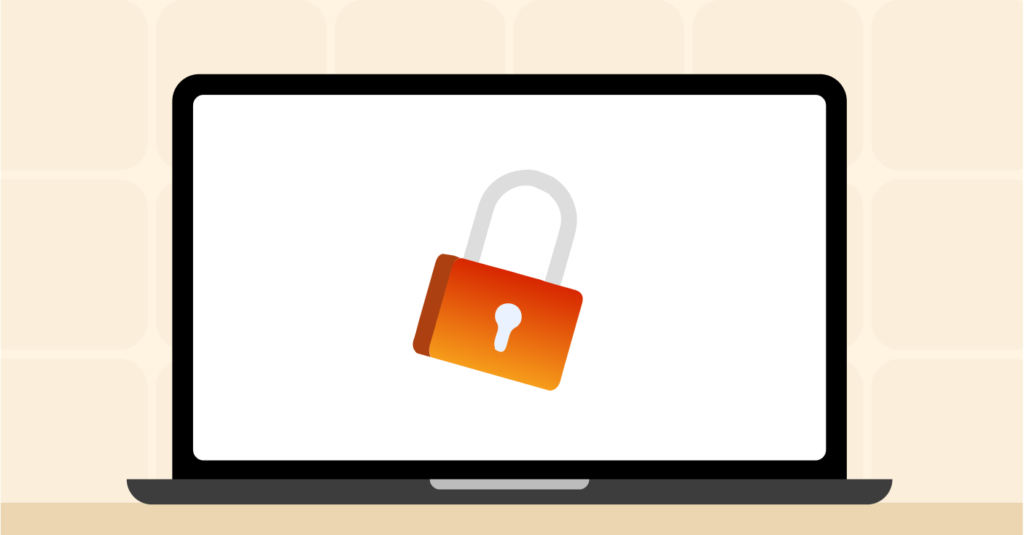
So, we all agree on keeping crypto wallets safe, right? Good. So is your wallet secure as you read this? Please read on to find our top ten tips to keep your wallet protected. It’s unlikely that all ten tips will be relevant for every user. But they will still tell you how close you are to the best security level you can achieve and what things you need to change to improve.
Of course, there are different levels of security and risk. So you’ll need to decide how much practicality you could sacrifice to keep it safe. Keep also in mind that the crypto-verse has been sneaking its way into mobile phones, so you need to mind your phone’s security as much as your computer’s or your physical, digital wallet.
1. Use a cold wallet to store your cryptocurrencies
The first thing to do is to get a hardware wallet that will be offline most of the time –that’s what “cold” means. It would be best if you never had more coins online than needed to perform your transactions. All other tokens must remain offline, where no hacker can access them.
Cold cryptocurrency wallets look like USB thumb drives. They hold the private key you can use to access your assets. You can set up your key if you want, but if you lose it, you’ll also lose the ability to use your funds.
A recent report tells about two investors who lost the key to their hardware wallet. They grew desperate as their stored value, but unavailable coins exploded. So they tried a radical solution, hiring a hardware hacker who cracked the key successfully. Once the hacker solves the problem, the investors can extract their digital assets worth about two million USD.
We understand that you might not be overly happy to hire a hacker if an encryption key gets lost. But, thankfully, you don’t need it either. You’ll always have access to your virtual funds if you store your private key safely.
Never share your private key. Instead, keep it somewhere physically safe, like a safety box or a safe.
Why do you need a physical cold wallet?
Your provider can access your private key if you store your cryptocurrency with online services. So if it gets hacked, your private key could end up in the wrong hands.
Also, have you heard the saying, “Never put all your eggs into a single basket”? It applies to cryptocurrency as well. You can maximize your asset security even further if you have several physical cold wallets, with your currency distributed among them. Then, if something goes wrong with one, the rest will remain untouched.
However, you have the option of software crypto wallets. However, we don’t like them. Software wallets remain online. Hence, hackers could reach them. It’s impossible to stress the importance of having your tokens offline for security purposes. The software wallets will give you more accessibility, practicality, and functionality. But they will keep your digital money online, where it shouldn’t be.
2. Choose a respected exchange to do your crypto operations
Before you decide to go ahead and become a cryptocurrency investor, you need to know this: the exchanges in the crypto-verse are all different. Some are better than others, and some are safer.
Don’t decide on an exchange before doing your homework. First, find out if the exchange’s security has been compromised in the past. Past hacks are a huge red flag because they tell you that the trading platform is doing everything wrong.
The standard practice with cryptocurrency traders is not to ensure your investments. Remember, these are not banks; a crying foul will not help if something wrong happens. So, you must ensure that your exchange already uses the best security practices.
Last but not least, see if they have other security measures active. Balance transfer limits, real-time notifications, and the option to freeze an account if damage control requires it. One good exchange out there is Binance.
3. Use the best security practices when it comes to your passwords
Managing your passwords correctly is essential for your crypto security. You can find guides on adopting the best password strategies on this website, so find them and read them.
Briefly, you must have a solid password for all your online accounts, including your digital wallet. Each password needs to include numbers, signs, uppercase, and lowercase letters; the longer, the better. And it would be best if you also changed your passwords regularly, twice a year at least. Unfortunately, this means you can’t memorize every password you will need online. In other words, get a good password manager.
4. Use multi-factor authentication
Multiple factor authentication maximizes your digital security by adding more protective layers with credentials not based on a password only –security tokens and biometrics are the most frequent options. With MFA, it’s not enough for somebody to know a password. They must also HAVE credentials (a token, a biometric signature).
The usual options when setting MFA are either SMS or 2FA. However, 2FA is a better option because your security won’t be affected if your SIM card is compromised. And yes, SIM swapping is a common attack method.
Therefore, if anything happens to your phone (lost or stolen), you must immediately ensure that your SIM card is disabled. Also, find out if your mobile carrier offers SIM card locking. If it does, ask for your card to get locked so you can be safer against SIM swaps.
5. Phishing
Phishing is a hacking strategy in which the attacker poses as a legitimate organization to whom you should deliver some sensitive information. It works. The prevalence of phishing attacks worldwide is astonishing.
You can avoid phishing by always ensuring you are constantly entering your cryptocurrency trading service through the correct link. Do not click on links somebody else sends. Instead, either learn the link and type it yourself every time or use it from your favorites list in your browser.
6. Keep your cryptocurrency activity separate from everything else
Do not mix up your cryptocurrency trading activities, accounts, and devices with those you need for work or personal affairs. Your crypto life must have its own email address, and it should not be the one you use all the time for your regular digital life.
You should access your crypto wallet only from your private computer, never from work, school, or even worse, from a public computer. On the other hand, if you can afford a dedicated laptop and smartphone for your crypto trading and financial operations, then have it and use it.
7. Public WiFi is not your crypto wallet’s friend
Public WiFi is exceedingly dangerous, period. It would be best if you never used it without a safe crypto VPN. Moreover, your crypto trading activities do not belong in WiFi public networks. As convenient as public WiFi hotspots are, the risks they entail are not worth it if you want to ensure that your cold wallet will remain safe.
8. Keep your devices updated
This point applies to any device you use for any purpose. But it’s more important for the device you’ll use for cryptocurrency trading. First, ensure that your operating system has all the latest updates. The applications you’re using also must be updated to the best of your ability.
9. Keep your wallet close to your chest
Nobody needs to know anything at all about your personal cold cryptocurrency wallet. It’s as simple as that. So don’t post on social media, don’t brag, and don’t show the world how good you are at the crypto game. Nobody cares more about those posts than the potential attackers who will take them as an invitation.
10. Keep updated with the latest developments in security
The internet is constantly changing and moving forward. And so are hackers. Attacks are constantly evolving and improving their capabilities and scope. So keep up with the news, and learn what’s happening and how it could affect you.
11. Use the digital wallet apps available from the official websites only
It’s not paranoia if someone’s out to get you. What we mean by this is that hacking groups are coming up with fake apps and pieces of software that look and feel legitimate enough to steal your crypto credentials. Believe us; those guys know their craft. Avoid this by ensuring that your wallet software is the real thing.
Please don’t do a hacker’s job in his stead
Following the previous ten tips could seem cumbersome. But why does it have to be so complicated? Because you need to keep your wallet safe.
Remember that the point is not to make your life difficult but to make a hacker’s job impossible. Yes, that will cost you some of your everyday practicality and functionality. But a successful hack will cost you all your digital assets. Remember: if you fall victim to a successful attack on your wallet, there’s virtually nothing you can do to revert your situation.
Also, some tips we’re offering here are not only good for crypto trading. They are also an integral ingredient in overall digital safety so that you will protect yourself online beyond crypto.
What to do after your crypto wallet gets hacked?
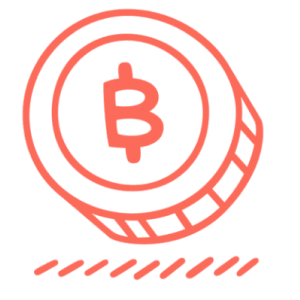
If you already had to face a hack on your wallet, we’re sorry to hear that. Unfortunately, that’s in the past, and you can’t change it. We know there is no regulation, no insurance, nothing that allows you to do anything useful about it. So, unfortunately, you’ll have to take it on the chin and move on with your life.
The thing is that the future is in your hands. You can ensure that you never face a situation like that again by applying the tips shared above to secure your digital assets wallet.
User privacy and data collection
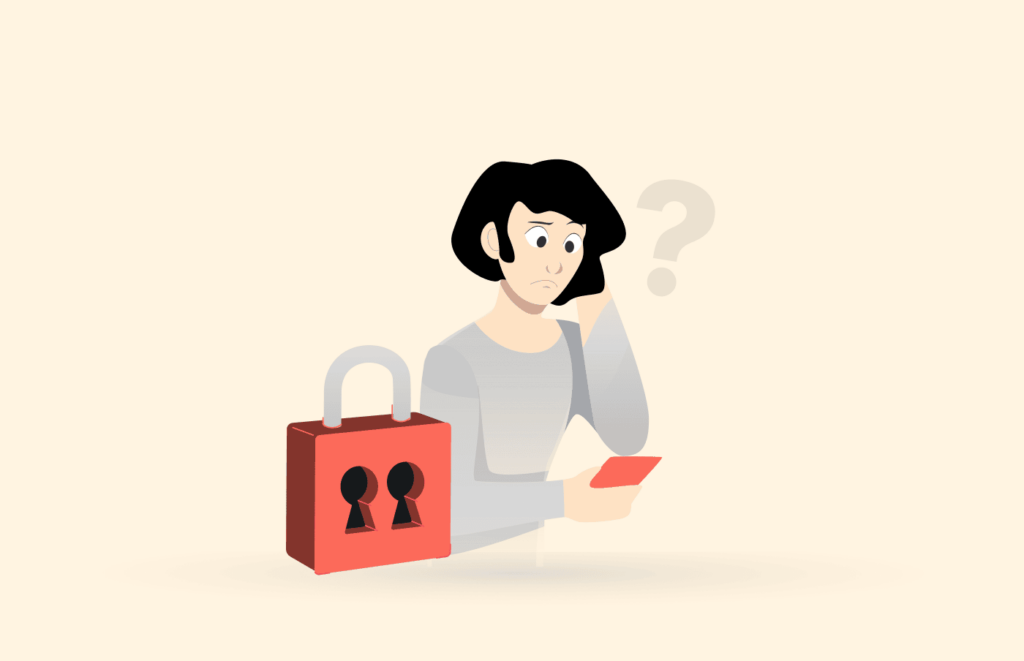
User privacy concerns regarding data collection in marketing are becoming a concern for many users across the board. As standard consumer practices become increasingly digital, this trend will only increase.
Regulatory ambiguity still surrounds mobile payments in most countries because wallets are not seen as accounts or charges. It complicates things. So, you can find plenty of policy issues regarding accounts and payments. But what about wallets? How will this affect user privacy when it’s all said and done?
A set of prospective regulations are about to come out, courtesy of the Consumer Financial Protection Bureau. They will be all about sharing consumer financial data. But it’s still anybody’s guess how they will apply to wallets, if they do at all.
It remains unknown territory for all the players involved in it. We can expect to see how wallets will have more regulation in the future, depending on how fast their adoption is. However, their future and privacy implications remain wide open for now.
Crypto wallets vs. Exchanges
Crypto exchanges and crypto wallets can store your digital assets. However, each option is designed with a different purpose in mind. The wallet is meant to secure your digital assets. On the other hand, assets you keep in exchange are supposed to be readily available to settle trading operations.
So, if you need short-term crypto storage for your tokens while you use them for trading, the exchange is perfect. But if you want to keep your digital coins secure from any danger as resources in the long term, then a cold physical wallet is the only way to go.

